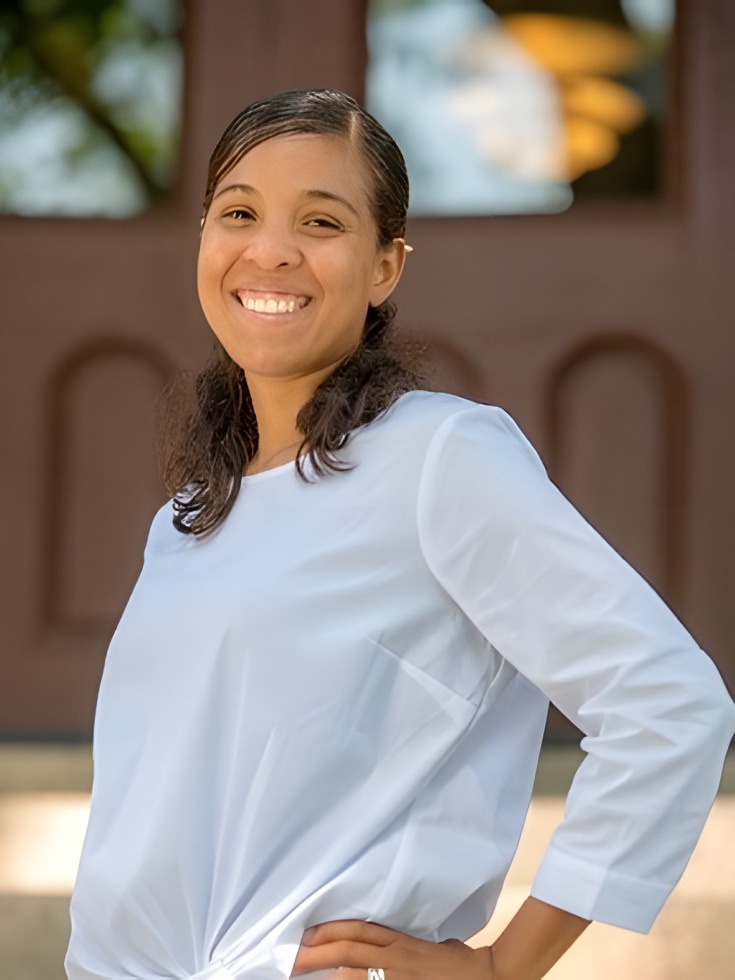Whether she’s volunteering on the Narragansett Tribal farm, helping out local community gardens, guest lecturing at a local school, attending a board meeting, surveying community members, or hosting a workshop, Summer Gonsalves MPH’19 is always building relationships with communities impacted by environmental contamination. In her role as co-leader of Brown University’s Superfund Research Program Community Engagement Core, she collaborates directly with a dozen organizations across Rhode Island around conservation, education, advocacy, and environmental justice.
“The brunt of my work involves figuring out what issues are impacting different communities, based on their relationship with the land, and seeking solutions together to overcome these burdens,” Gonsalves said.
For some, this includes soil sampling analysis and creating remediation plans, for others it involves developing hands-on educational workshops for youth. “The work we do provides a lot of opportunities for systematic growth,” she said, with “academics, government, and communities coming together collectively to work through environmental injustices.”
Gonsalves works with numerous diverse communities to address the impacts of environmental contamination on their health, but connecting almost all of them, is their relationship with food systems.
“When I first came into this role, I was focused primarily around food sovereignty with the Narragansett Indian Tribe,” Gonsalves said. In fact, her 2019 thesis project for the Brown MPH examined food security and health outcomes among members of the Tribe.
“Food has historically been used as a weapon,” Gonsalves said. “First through starvation tactics, then through the breakdown of food systems that groups relied on. From there, the implementation of the ‘western diet’—foods that are calorically dense, high in fats, and low in nutrients—has led to diet-related diseases. In essence, the foods we eat are killing us slowly.”
